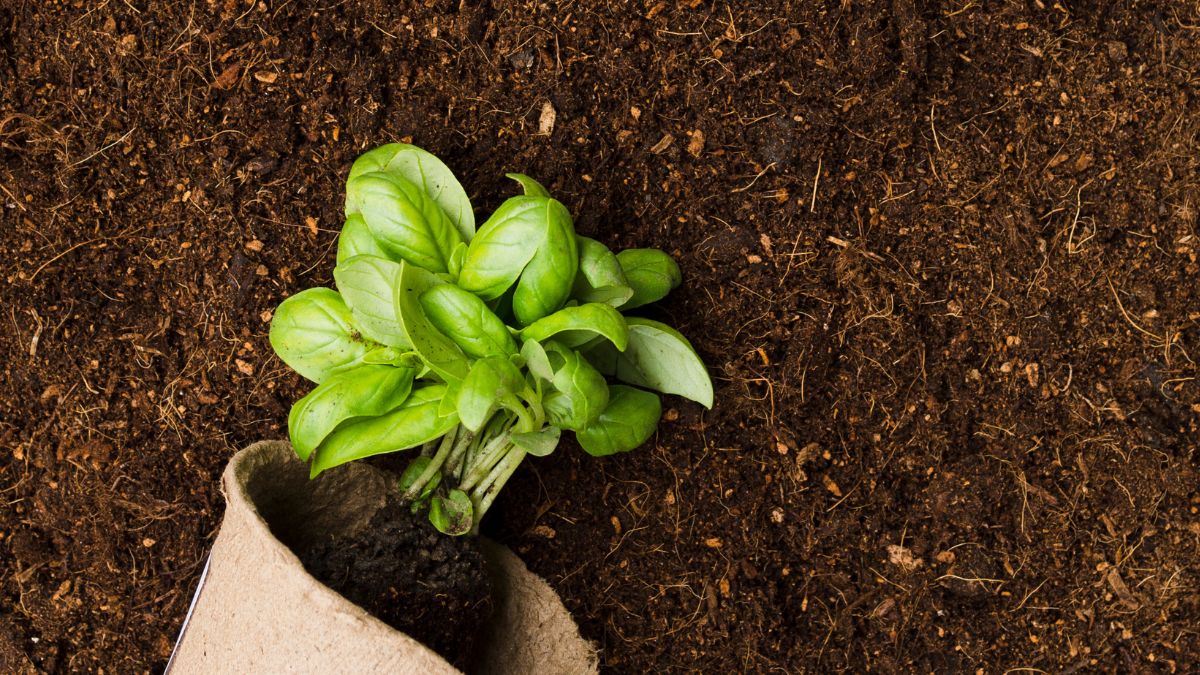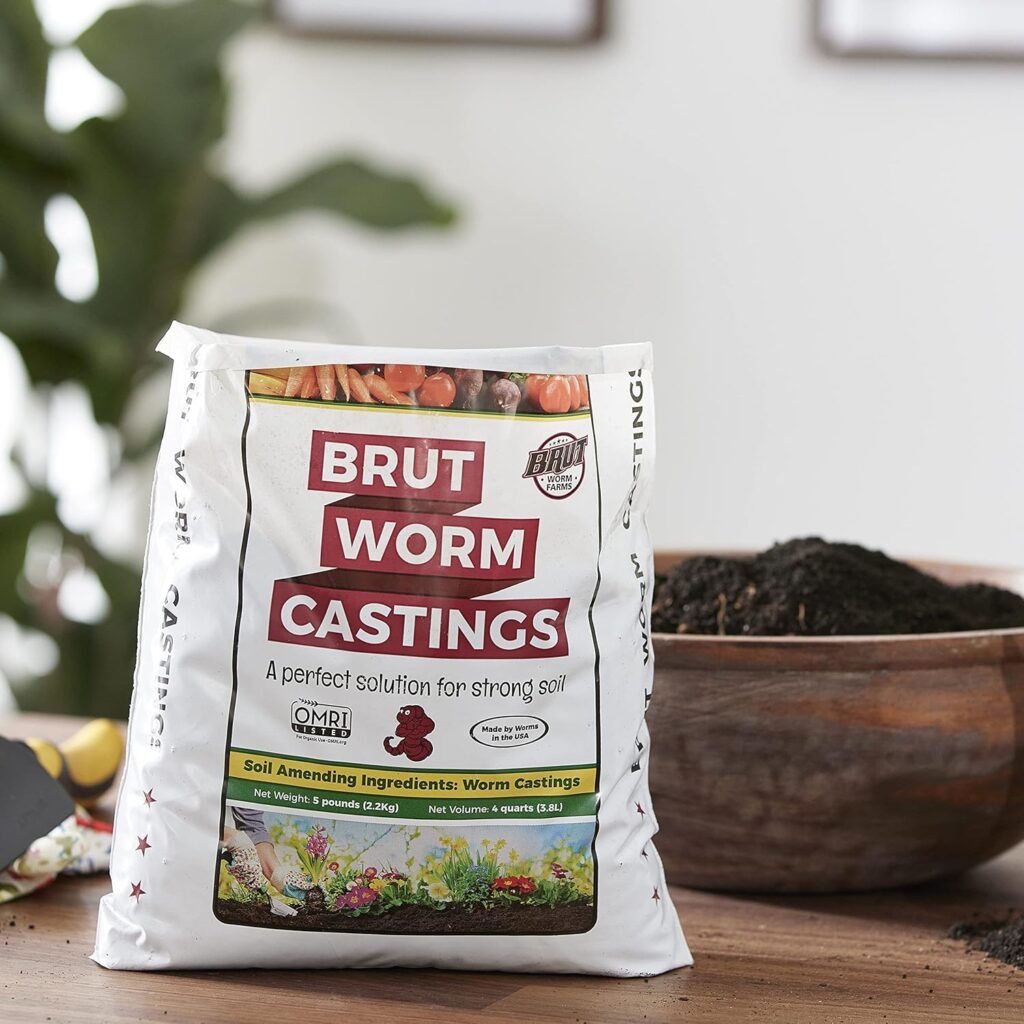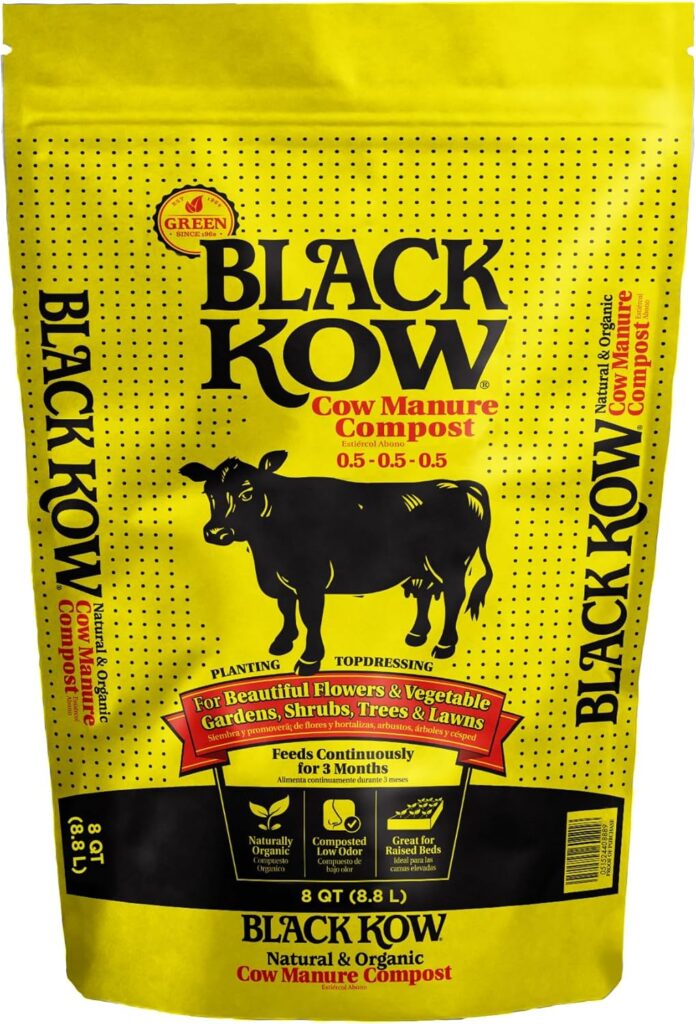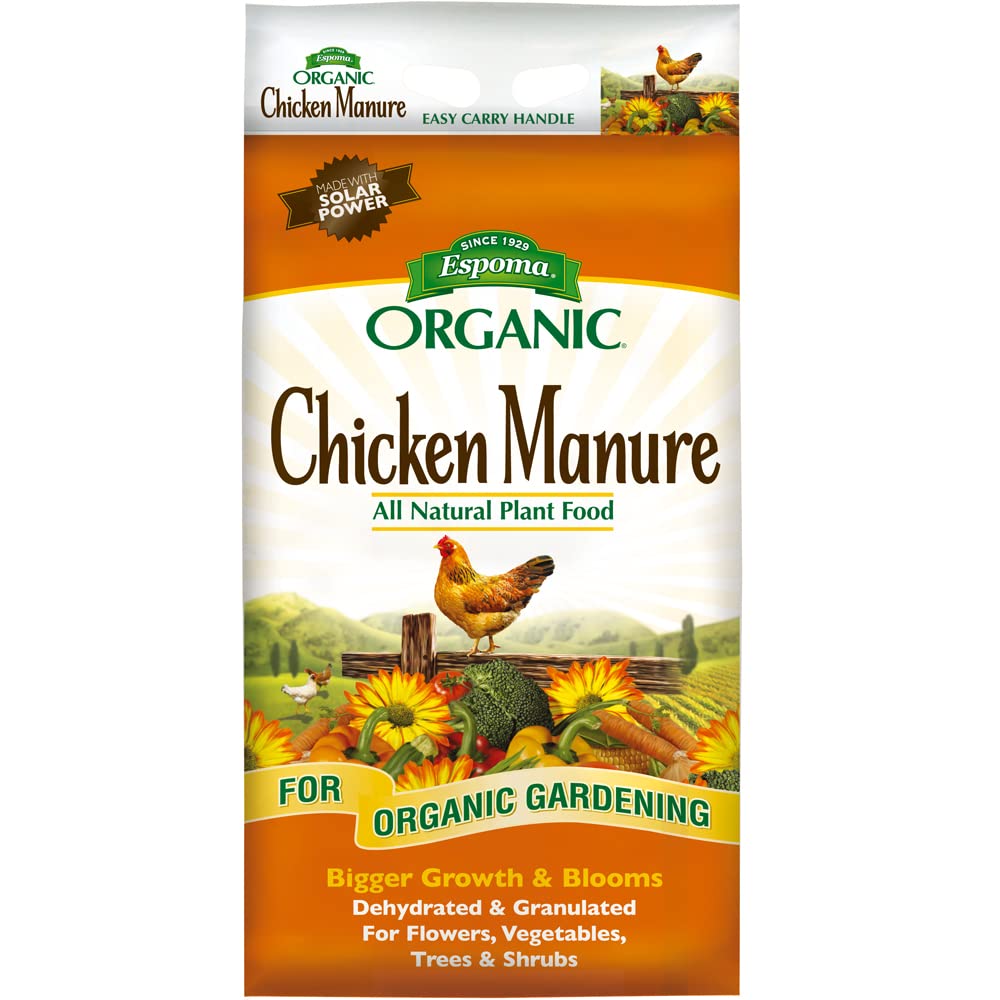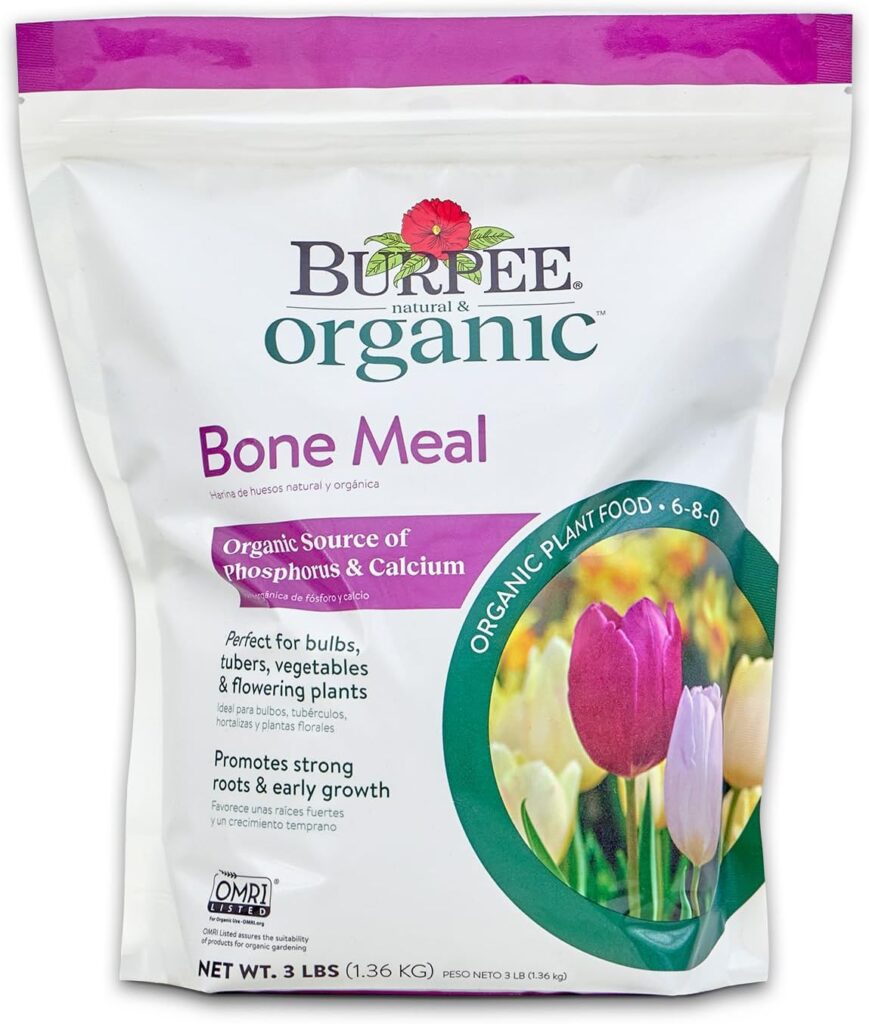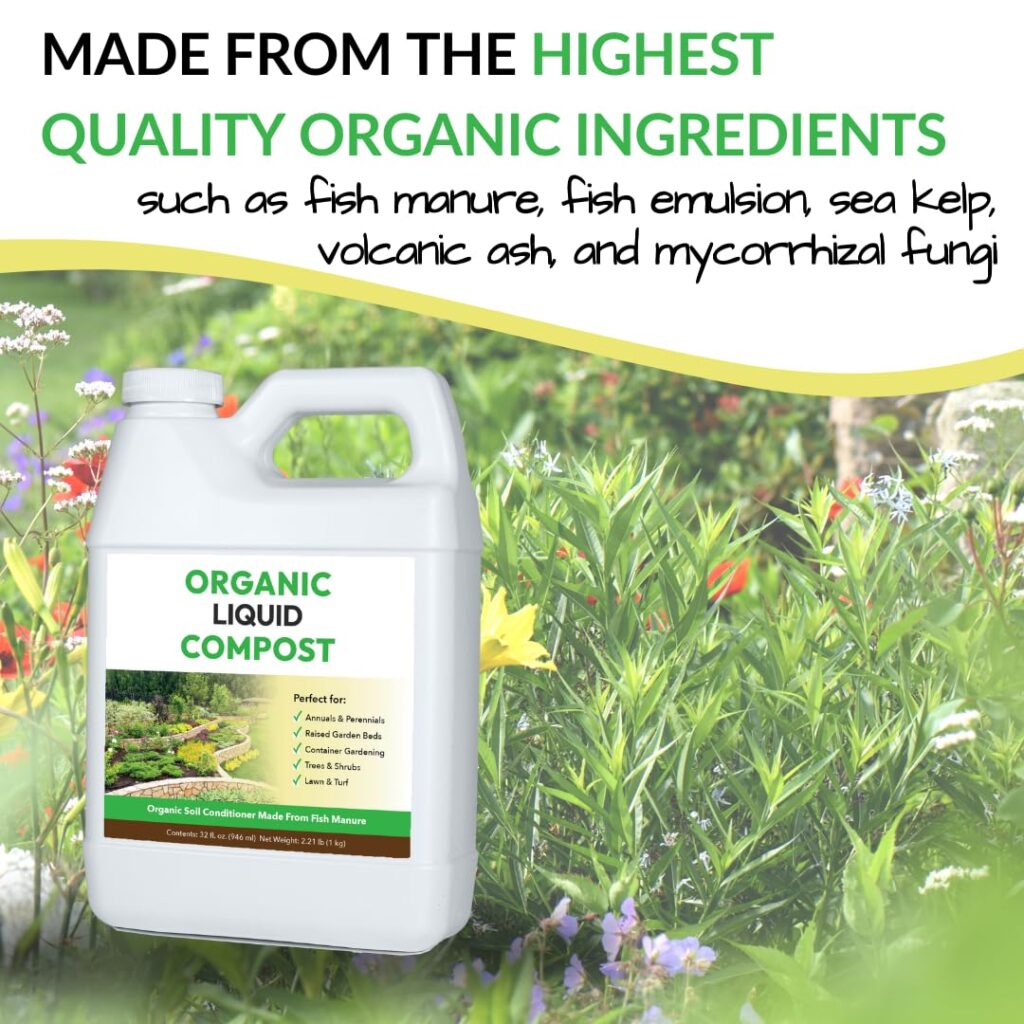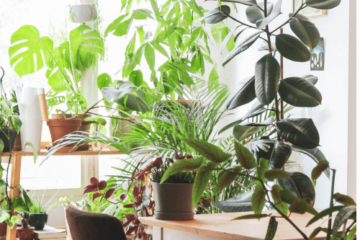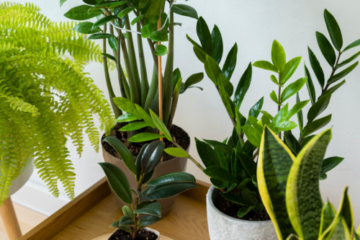Are you looking to grow a flourishing and healthy garden without relying on synthetic chemicals? The secret lies in natural and organic fertilizers! Not only do they nourish your plants, but they also improve soil health and promote sustainable gardening practices. However, choosing the right fertilizer and using it correctly is crucial—skip a step, and you might end up with nutrient imbalances or even harm your plants.
In this blog, I’ll share the top natural and organic fertilizers for home gardening you won’t want to miss. But here’s the catch: each fertilizer comes with specific precautions. If you skip any part of this guide, you might miss out on the best practices for using them effectively. Let’s dig in and transform your garden into a lush, productive paradise!
1. Worm Castings: The Black Gold of Gardening
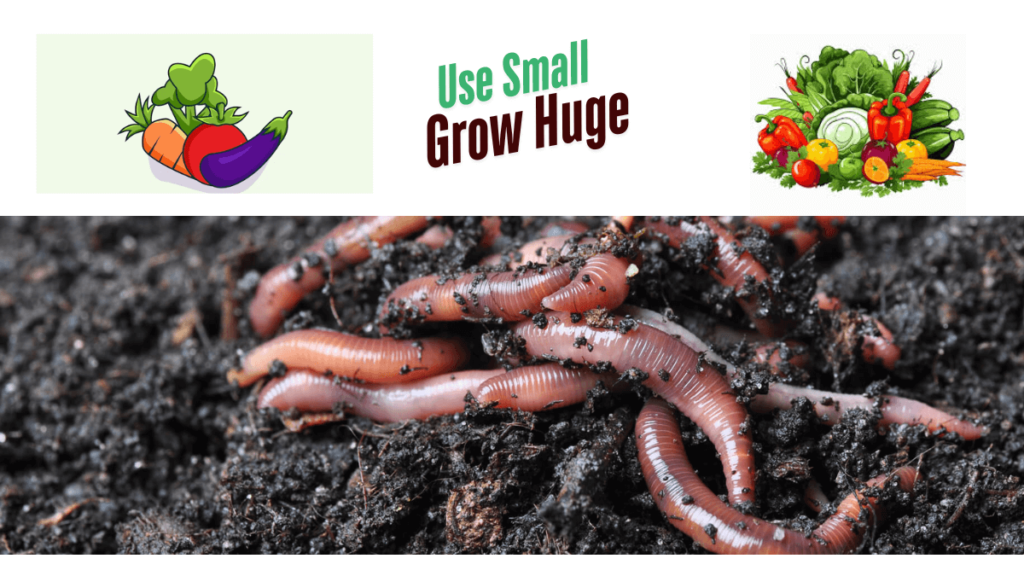
Worm castings are one of the best organic fertilizers you can use. They’re packed with live enzymes, nutrients, and beneficial microbes that boost soil health and plant growth.
How to Use:
- Add worm castings directly to your garden beds or mix them into potting soil.
- If you don’t have earthworms in your garden, consider getting red wiggler earthworms. They thrive in confined spaces and can turn kitchen scraps into nutrient-rich castings.
Precautions
- Avoid overusing worm castings, as they can make the soil too rich for some plants.
- Ensure your worms are fed organic scraps free from pesticides or chemicals.
2. Cow Manure: A Time-Tested Fertilizer
Cow manure has been used for centuries to enrich soil. It’s rich in nutrients and beneficial bacteria that promote healthy plant growth.
How to Use:
- Add cow manure to your garden at least 30 days before planting to allow it to decompose and mellow.
- You can buy bagged cow manure from garden centers or source it directly from local farms.
Precautions
- Never use fresh cow manure, as it can burn plants and introduce harmful pathogens. Always compost or age it first.
- Avoid using manure from animals that have been fed chemically treated feed.
3. Chicken Manure: High in Nitrogen
Chicken manure is an excellent source of nitrogen, potassium, and phosphorus, making it ideal for leafy greens and fast-growing plants.
How to Use:
- Compost chicken manure for at least 6 months before using it in your garden.
- Apply it sparingly, as it’s highly concentrated.
Precautions:
- Raw chicken manure can burn plants and introduce harmful bacteria. Always compost it thoroughly.
- Avoid using it on root crops like carrots or potatoes, as it can lead to excessive foliage growth at the expense of the roots.
4. Fish Meal and Bone Meal: Nutrient Powerhouses
Fish meal and bone meal are excellent sources of nitrogen, phosphorus, and calcium. They’re perfect for flowering plants and vegetables.
How to Use
- Mix fish meal or bone meal into the soil before planting or use it as a side dressing during the growing season.
- Look for organic options like the Darn Good fertilizer by Great Big Plants.
Precautions:
- Bone meal can attract pests like rodents, so use it sparingly and bury it deep in the soil.
- Avoid overapplication, as excessive phosphorus can harm soil microbes.
5. Hot Compost: The Gardener’s Gold
Hot compost is a nutrient-rich fertilizer made from a mix of green (nitrogen-rich) and brown (carbon-rich) materials.
How to Use:
- Layer green materials like grass clippings with brown materials like dead leaves.
- Keep the pile moist and turn it every 4-6 days to speed up decomposition.
Precautions:
- Avoid adding meat, dairy, or oily foods to your compost, as they can attract pests.
- Ensure the compost reaches a high temperature to kill weed seeds and pathogens.
6. Compost Tea: Liquid Gold for Plants
Compost tea is a liquid fertilizer made by steeping compost in water. It provides readily available nutrients to plants.
How to Use
- Soak compost or grass clippings in water for 3-5 days, then strain and use the liquid to water your plants.
- You can also buy ready-made compost tea extracts.
Precautions
- Use compost tea within 24 hours of brewing to avoid harmful bacteria growth.
- Avoid overapplication, as it can lead to nutrient runoff.
7. Coffee Grounds: A Natural Pest Deterrent
Coffee grounds are a great source of organic matter and can improve soil structure and water retention.
How to Use
- Sprinkle used coffee grounds around your plants or add them to your compost pile.
- Collect coffee grounds from local coffee shops for free.
Precautions:
- Avoid using fresh coffee grounds, as they’re acidic and can harm plants. Used grounds are neutral in pH.
- Don’t overapply, as they can form a crust that repels water.
8. Eggshells: A Calcium Boost
Eggshells are rich in calcium, which is essential for strong cell walls in plants.
How to Use:
- Crush eggshells and sprinkle them around your plants or add them to your compost.
- They also act as a natural pest deterrent for slugs and snails.
Precautions:
- Rinse eggshells thoroughly before use to avoid attracting pests.
- Crush them finely to speed up decomposition.
9. Banana Peels: Potassium-Rich Fertilizer
Banana peels are an excellent source of potassium, which promotes flowering and fruiting.
How to Use
- Chop banana peels and bury them near the base of your plants.
- Alternatively, soak peels in water for a few days to make banana peel tea.
Precautions:
- Avoid overusing banana peels, as they can attract fruit flies.
- Use them in moderation to prevent nutrient imbalances.
10. Seaweed: A Mineral-Rich Fertilizer
Seaweed is packed with trace minerals and growth hormones that boost plant health.
How to Use:
Rinse seaweed to remove salt, then chop it up and add it to your compost or soil.
You can also make seaweed tea by soaking it in water for a few days.
Precautions:
- Avoid using seaweed directly from the ocean without rinsing, as the salt can harm plants.
- Use it sparingly, as excessive amounts can lead to nutrient imbalances.
Final Tips for Using Organic Fertilizers
1. Test Your Soil: Before adding any fertilizer, test your soil to understand its nutrient needs.
2. Rotate Fertilizers: Use a variety of fertilizers to provide a balanced nutrient profile.
3. Follow Precautions: Each fertilizer has specific guidelines for use. Skipping these steps can lead to poor results or even harm your plants.
By using these natural and organic fertilizers, you’ll not only grow healthier plants but also contribute to a more sustainable gardening practice. Happy gardening!
P.S. If you found this guide helpful, share it with fellow gardeners and let’s grow together! 🌱

